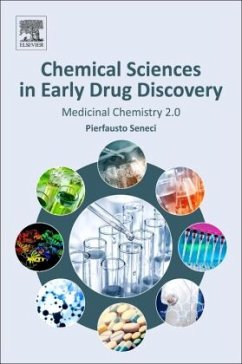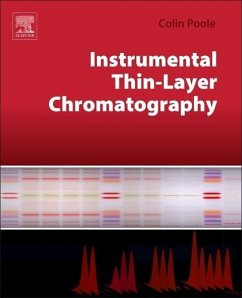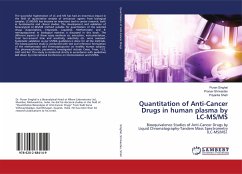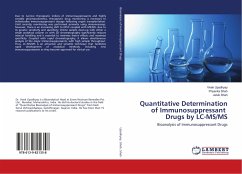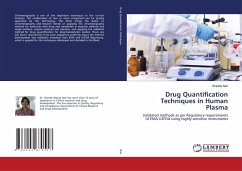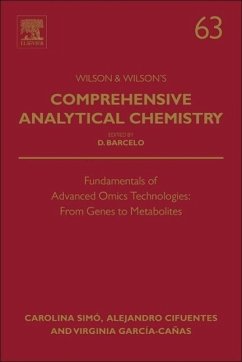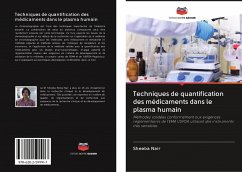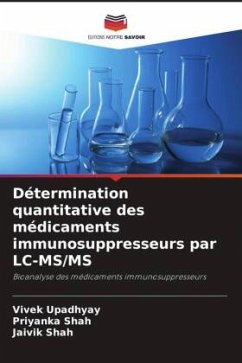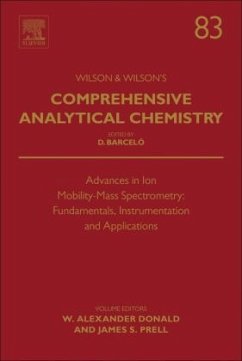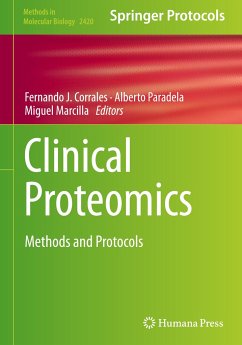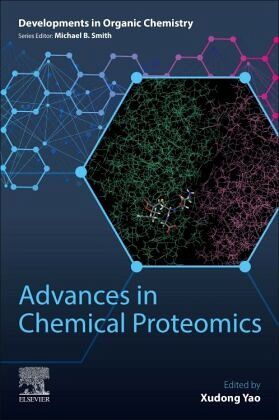
Advances in Chemical Proteomics

PAYBACK Punkte
75 °P sammeln!
Advances in Chemical Proteomics provides essential concepts and recent applications on probes, tool compounds and concepts for chemical proteomics and then moves on to applications, including solid-phase reagents, fragment screening, designer compounds and protein lipidation. As the second volume in the Developments in Organic Chemistry series, each chapter is written by experts in the field. Users will find this to be a valuable reference for organic chemists and chemical biologists who are interested in developing tool compounds and reagents to measure and interrogate proteome, develop drug ...
Advances in Chemical Proteomics provides essential concepts and recent applications on probes, tool compounds and concepts for chemical proteomics and then moves on to applications, including solid-phase reagents, fragment screening, designer compounds and protein lipidation. As the second volume in the Developments in Organic Chemistry series, each chapter is written by experts in the field. Users will find this to be a valuable reference for organic chemists and chemical biologists who are interested in developing tool compounds and reagents to measure and interrogate proteome, develop drug leads, and measure off-target effects and drug toxicity.
Analytical chemists who are interested in better understanding organic chemistry behind commonly used reagents for quantitative proteomics and tools compounds in the emerging field of chemical proteomics will also benefit from this comprehensive resource on the topics presented.
Analytical chemists who are interested in better understanding organic chemistry behind commonly used reagents for quantitative proteomics and tools compounds in the emerging field of chemical proteomics will also benefit from this comprehensive resource on the topics presented.




